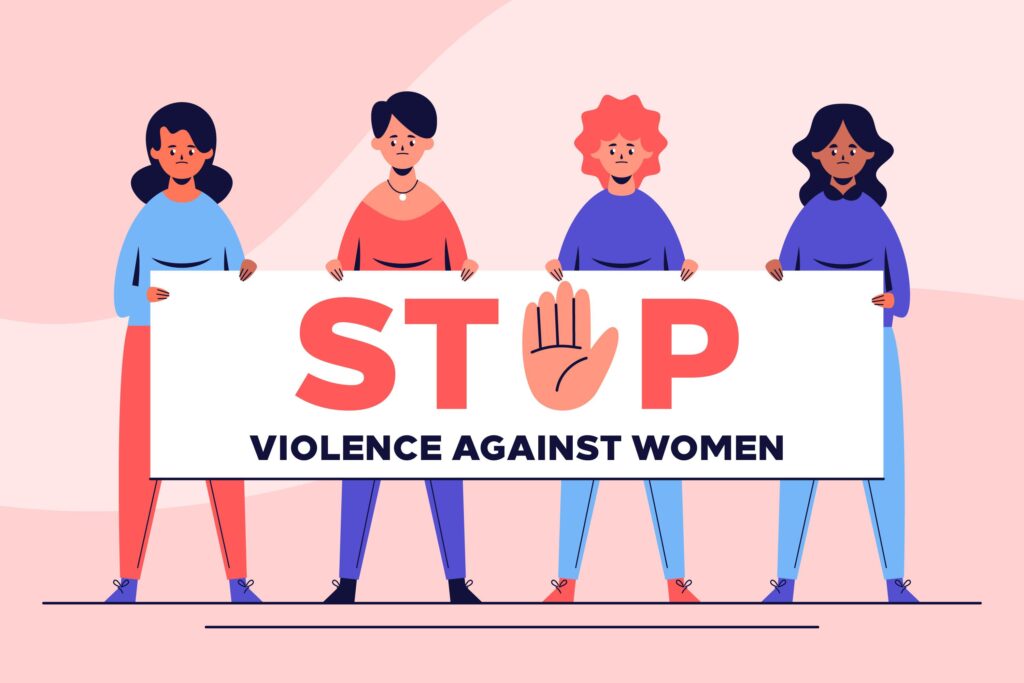
Violence against women represents a cross-cutting and multidimensional problem that has been classified as a health problem by WHO. Due to its complexity, it is a phenomenon that needs to be addressed through a cross-sectional perspective, involving different sectors of society to provide a coordinated response to the phenomenon.
A few months ago Fundació HiTT carried out an study focused on identifying the social and economic costs arising from violence against women. An approach that had not been properly addressed so far. Our study highlighted the consequences of not addressing this problem. The aim of this study was to guarantee the viability and efficiency of the implementation of the model of health care for women and their children in situations of gender-based violence. And to contribute, from the field of health to the eradication of violence against women.
It is clear that the highest costs of this phenomenon are not the material ones but the intangibles, which fall especially on women and children.
The physical and mental consequences on the health of women and children that violence against women entails are a reality that must be addressed by the health system in the most efficient way possible, with the necessary tools for their detection and treatment.
However, from the Fundació HiTT we want to look further and advocate for the importance of preventing violence against women, thus preventing the consequences of this violence that nowadays must be addressed by health centers.
We need to work on the prevention of violence against women from a more social perspective, strengthening gender equality in all sectors of society. Prevention that will consequently have a positive impact on the sustainability of the health system, avoiding the dependence on resources, which, as we saw in the study, are limited and insufficient to respond to such a complex problem. We clearly can find more efficient answers through other approaches.
If we can put in place efficient measures in the prevention of violence against women, we will be able to avoid the suffering of many women and optimize the resources that are currently addressed to providing attention to the victims. Then we could be directing resources to health issues that, unlike those caused by violence against women, can only be addressed from a medical perspective, and thus, we will also be contributing to the sustainability of the health care system.

